Optimal Timing for Foundation Repairs
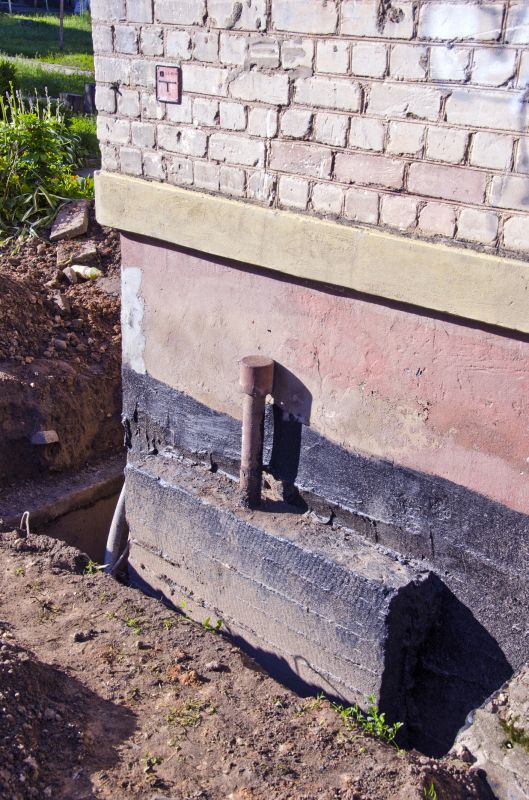
Spring offers moderate temperatures and manageable moisture levels, making it an ideal time for repairs.
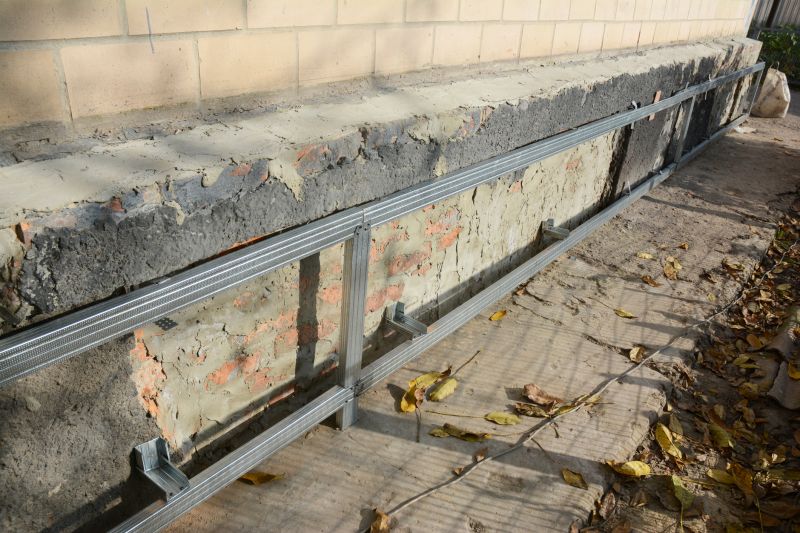
Summer provides longer days and stable weather, suitable for extensive repair projects.
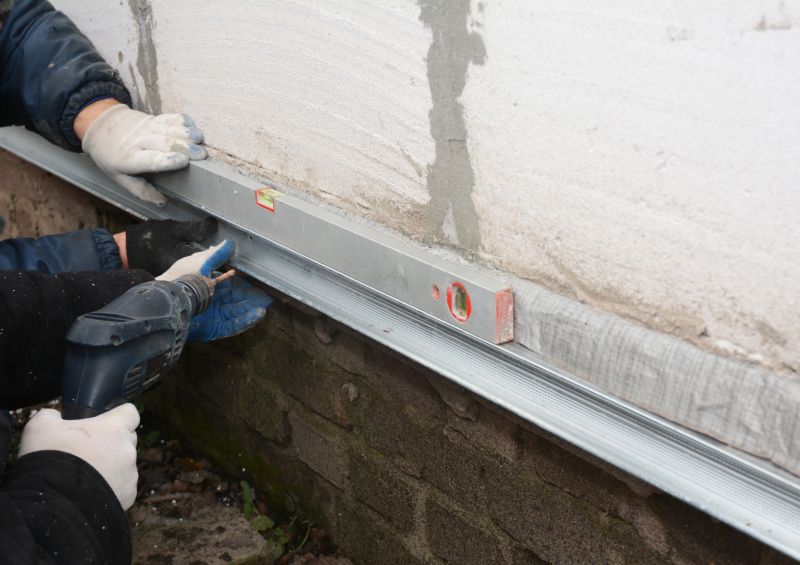
Fall's cooler temperatures and dry conditions help ensure proper curing and settling.
Foundation repairs are essential for maintaining the structural integrity of a building. Addressing issues promptly can prevent further damage and costly repairs down the line. The best time to undertake foundation repairs depends on weather conditions, soil moisture levels, and project scope. Proper timing ensures optimal results and minimizes disruptions.
Statistics indicate that a significant percentage of foundation issues stem from soil movement caused by moisture fluctuations. Approximately 30% of all structural problems are related to foundation settlement or shifting. Conducting repairs during favorable weather conditions can improve the longevity of the fixes and reduce the likelihood of recurring issues.
Cracks in walls, uneven floors, and sticking doors may indicate foundation issues requiring attention.
Common methods include underpinning, piering, and mudjacking, tailored to specific foundation problems.
Early intervention can prevent extensive damage and preserve property value.
Soil type and moisture levels significantly influence foundation stability and repair timing.
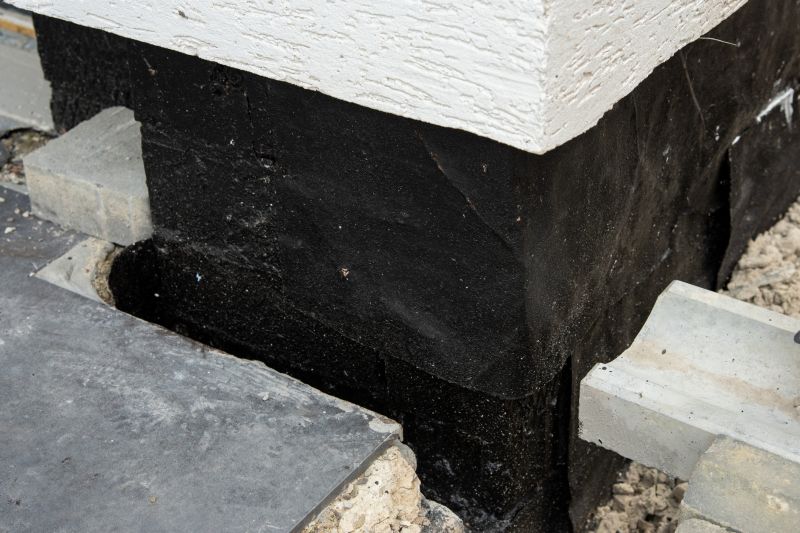
Step-by-step procedures ensure proper stabilization and long-term support.
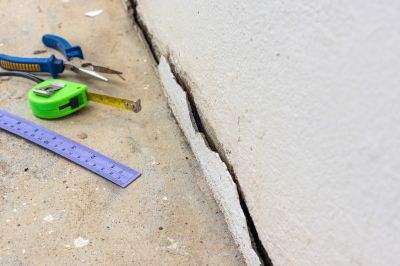
Identifying and assessing cracks helps determine the appropriate repair method.
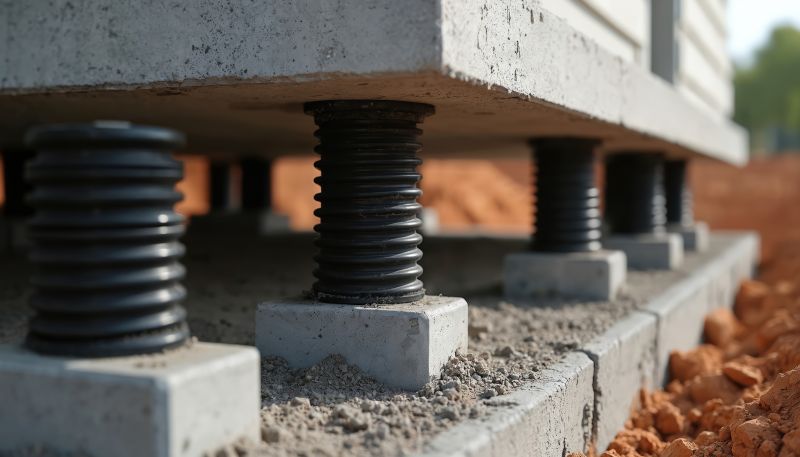
Piering involves installing supports beneath the foundation to lift and stabilize.
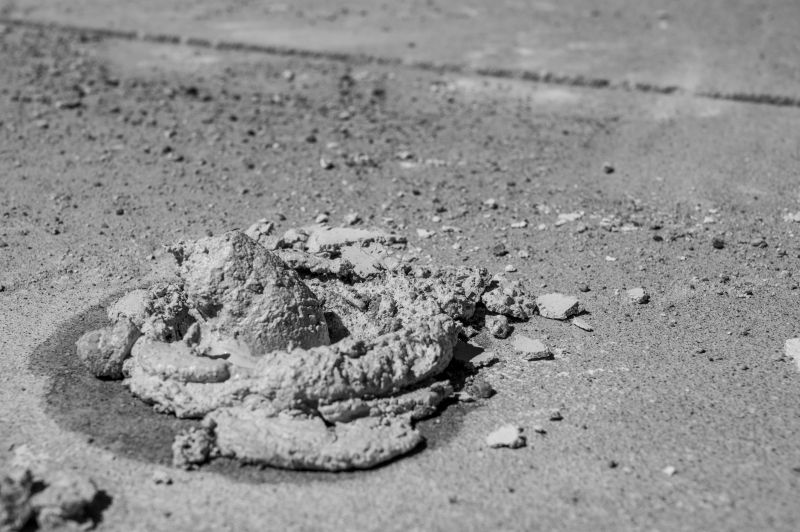
A slurry is injected beneath the slab to fill voids and level the surface.
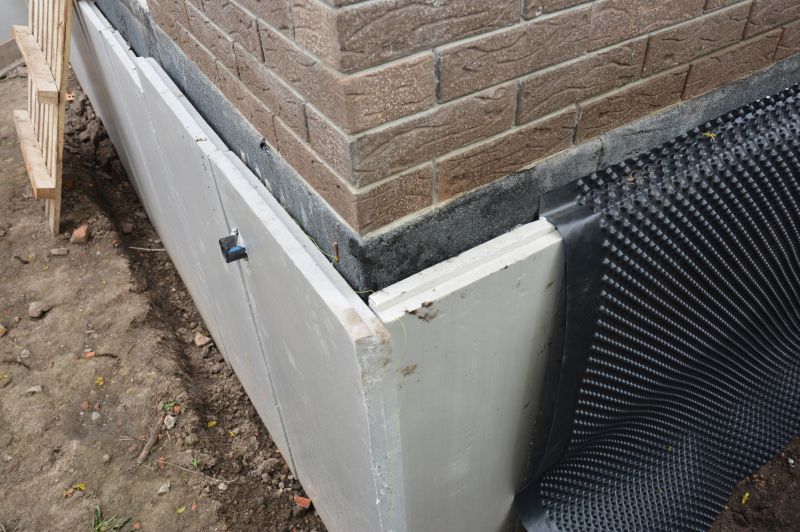
Managing soil moisture helps prevent future foundation movement.
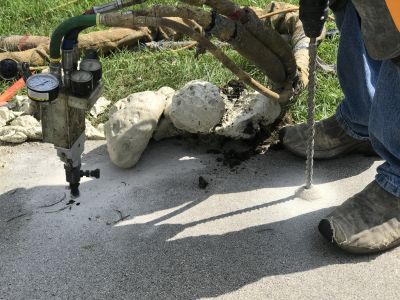
Modern tools and machinery improve efficiency and accuracy in foundation work.
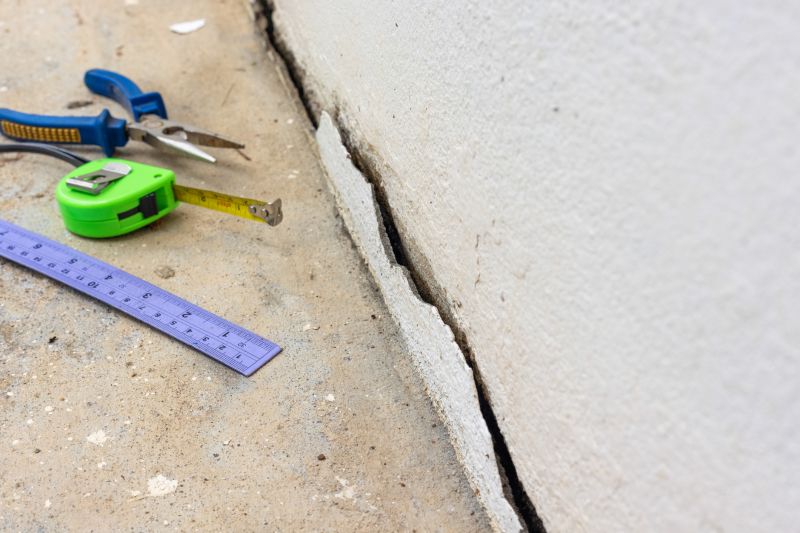
Professional assessments identify issues early and guide repair strategies.
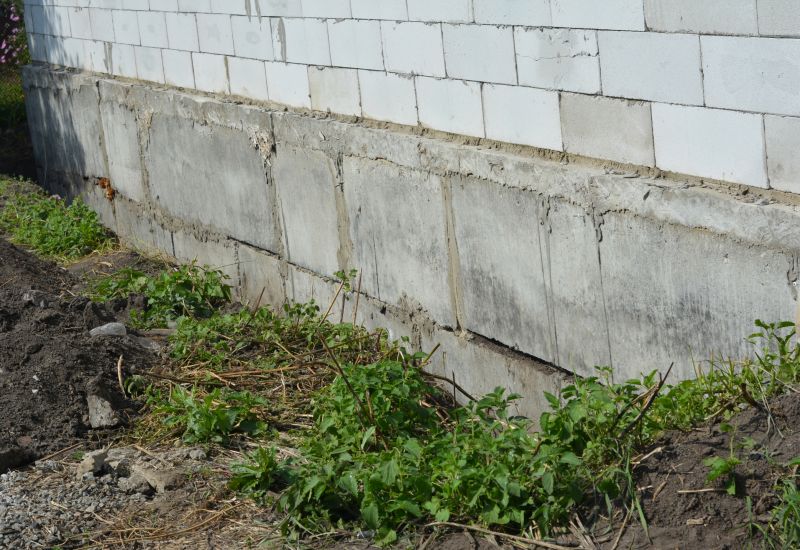
Regular inspections ensure the stability and longevity of repairs.
| Season | Advantages |
|---|---|
| Spring | Moderate weather facilitates repairs and curing. |
| Summer | Longer days allow for extensive work. |
| Fall | Dry and cool conditions support proper settling. |
| Winter | Not ideal due to cold temperatures and potential ground freeze. |
| Early Fall | Optimal for many foundation repair projects. |
Timing foundation repairs correctly can significantly influence the durability and effectiveness of the work performed. Understanding seasonal soil behavior and weather patterns helps determine the most suitable periods for intervention. Consulting with foundation specialists can provide tailored advice based on local conditions.

